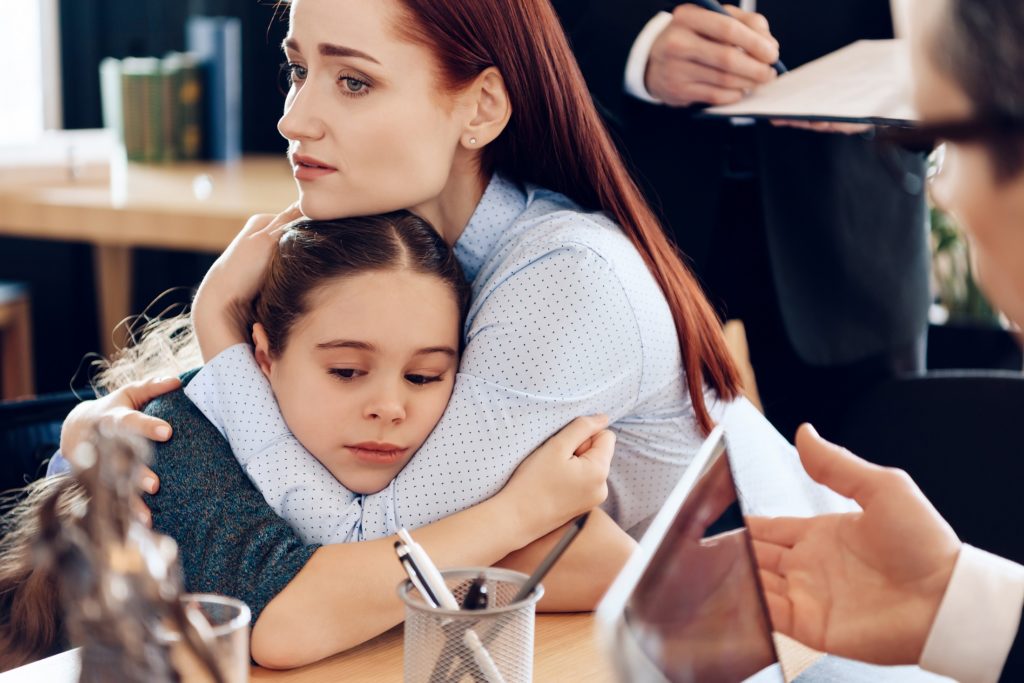There are many ways that COVID-19 has disrupted daily life for most Americans, and some of them have made headlines. With 2.5 million confirmed cases, it’s a severe health crisis. With more than 38 million people filing for unemployment and the closure of hundreds of businesses, it’s also set to shake up the U.S. economy for months, if not years to come.
But with the high amount of uncertainty and the measures that state governments have put in place to prevent the virus’s spread, the pandemic has impacted pretty much all aspects of daily life for everyone.
The Children of COVID-19
For children, for example, the closure of school and restrictions on movement mean that their routines had to adapt to a situation where they have to learn remotely and not be able to see their friends face to face. The pressure of home life is present, with their parents either losing their jobs or adapting to remote work. What you have is a real problem with our children’s social and emotional well-being.
Add to that the difficulty of dealing with their parents’ divorce (and 67% of all marriages in the U.S. now end in divorce), and you have an entire generation of kids going through an especially difficult time.
The Pandemic and Child Custody
As any practitioner of family law will tell you, the crisis has brought a host of problems for spouses who have had to deal with both divorce proceedings or child custody and shelter-in-place orders. With a crisis as unprecedented as the pandemic, it was only natural that most couples and the courts did not have a set playbook to follow.
For visitation, for example, does one parent who travels and potentially gets exposed to the virus give the other parent grounds to deny visitation rights?
Several state supreme courts have ruled that agreements about visitation must still be followed even during the pandemic, with exceptions given in cases where there is a clear danger to the children. In Kentucky, for example, a court order gave guidelines about the suspension of visitation rights if one parent has been potentially exposed to COVID-19 or been in an area tagged by the CDC as high risk.
 Unprecedented Circumstances
Unprecedented Circumstances
Even getting a court decision may be a challenge in itself. Courts that are unable to put safety measures in place have suspended divorce proceedings. They urge parties to explore options like video depositions, videoconferencing, and Alternative Dispute Resolution to avoid lengthy court proceedings that can stretch an overwhelmed court system.
Coming Together for the Children
While all this is going on, there is anecdotal evidence from law practitioners that reveal more and more spouses are working out among themselves a solution that ensures the safety of children. In heavily-stricken New York, for example, many practitioners have reported a higher rate of compromise between clients. In cases where the parents fail to reach an agreement, a pediatrician can also weigh in to assess the child’s safety.
While there have been cases of the pandemic causing custody disputes, state and federal jurisprudence hasn’t yet come out with a clear set of guidelines to follow. All judges are treating these on a case-by-case basis.
But even with this uncertainty, one thing is for sure. In the next few months, the practice of law is going to be as disrupted as the rest of America.

